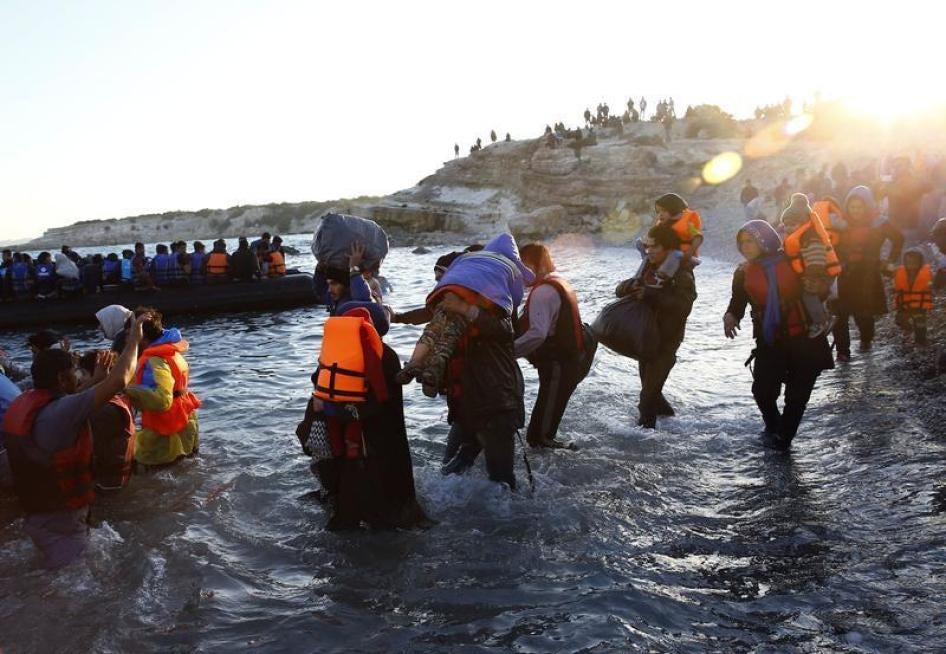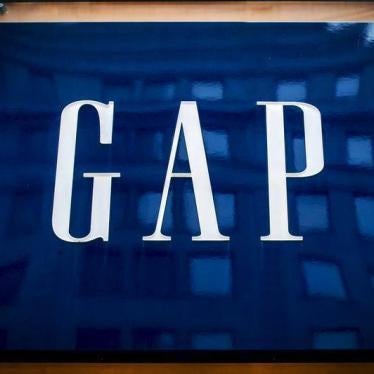Two weeks ago, Human Rights Watch documented, in detail, attacks by masked men on boats with asylum seekers and migrants in the Aegean Sea. We gathered nine witness accounts of eight separate incidents in which armed men in speed boats wearing black clothes and ski masks intercepted and disabled boats carrying asylum seekers and migrants from Turkey toward the Greek islands. I had hoped that reporting on these incidents would have mobilized Greece, Turkey, and the European Union’s external border force, Frontex, to put a stop to such attacks, to bring the perpetrators to justice, and to protect the asylum seekers and migrants.
I was wrong.
I recently interviewed “Mahmoud” (he was too afraid to give his name), a 44-year-old man from Dara’a, Syria, as he sat with his wife and five young children in the courtyard of the mosque in the Basmane district of Izmir, Turkey. He told me that on December 3, he and his family joined 30 other people on a rubber boat in their attempt to reach the Greek islands. About halfway there, they were blinded by a strong light shining on them from a big boat. The migrant piloting their boat tried to evade the larger boat and a small boat when three masked men came at them at such fast speed that he said he thought the boat they were in would capsize. Mahmoud and other passengers held their babies up so the masked men would take pity on them. But one of the assailants hit the pilot of the boat twice on the head with a truncheon and they disabled the motor by cutting the wires, leaving it to drift. Mahmoud said that some of the passengers tried to communicate in Turkish with the attackers, but that the only language they could understand was the English command to “Stop, stop.”










